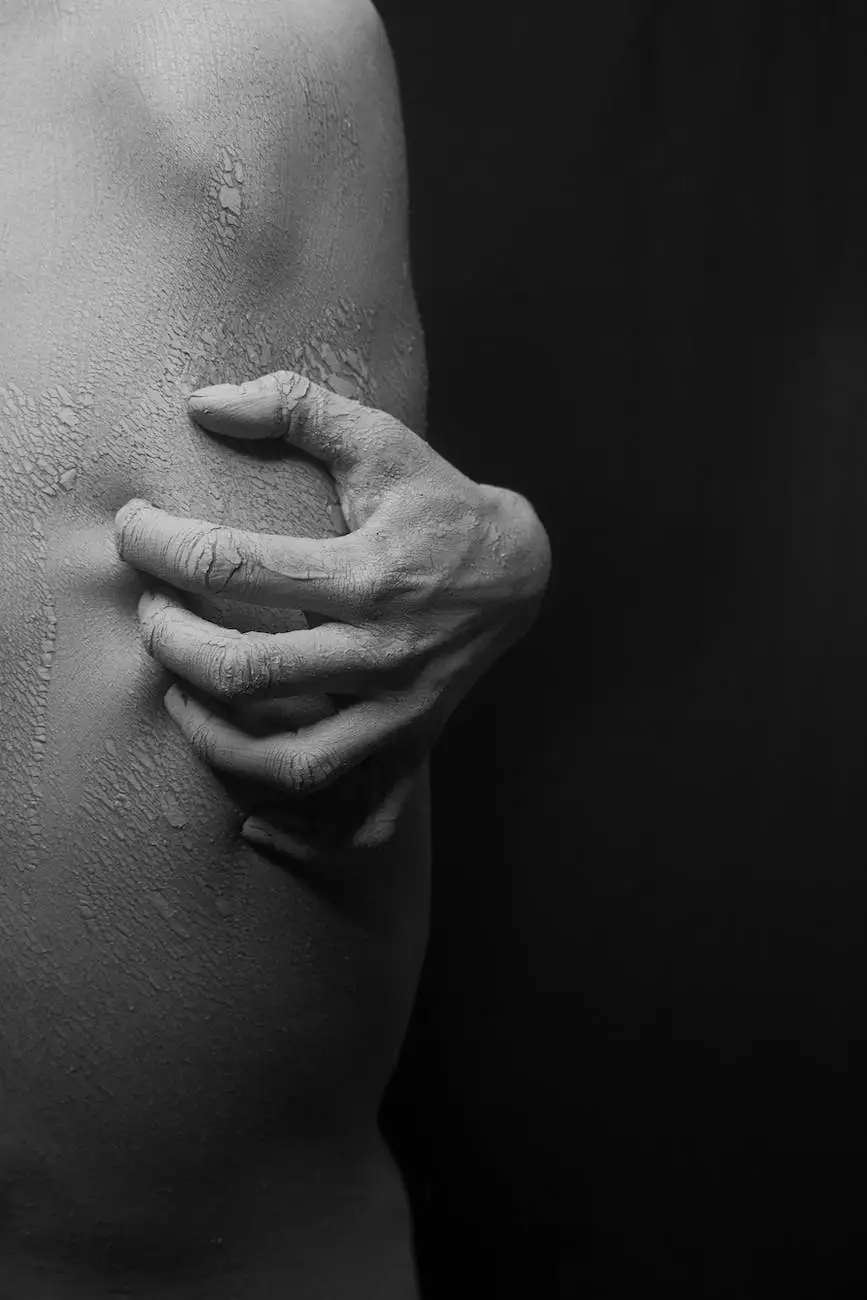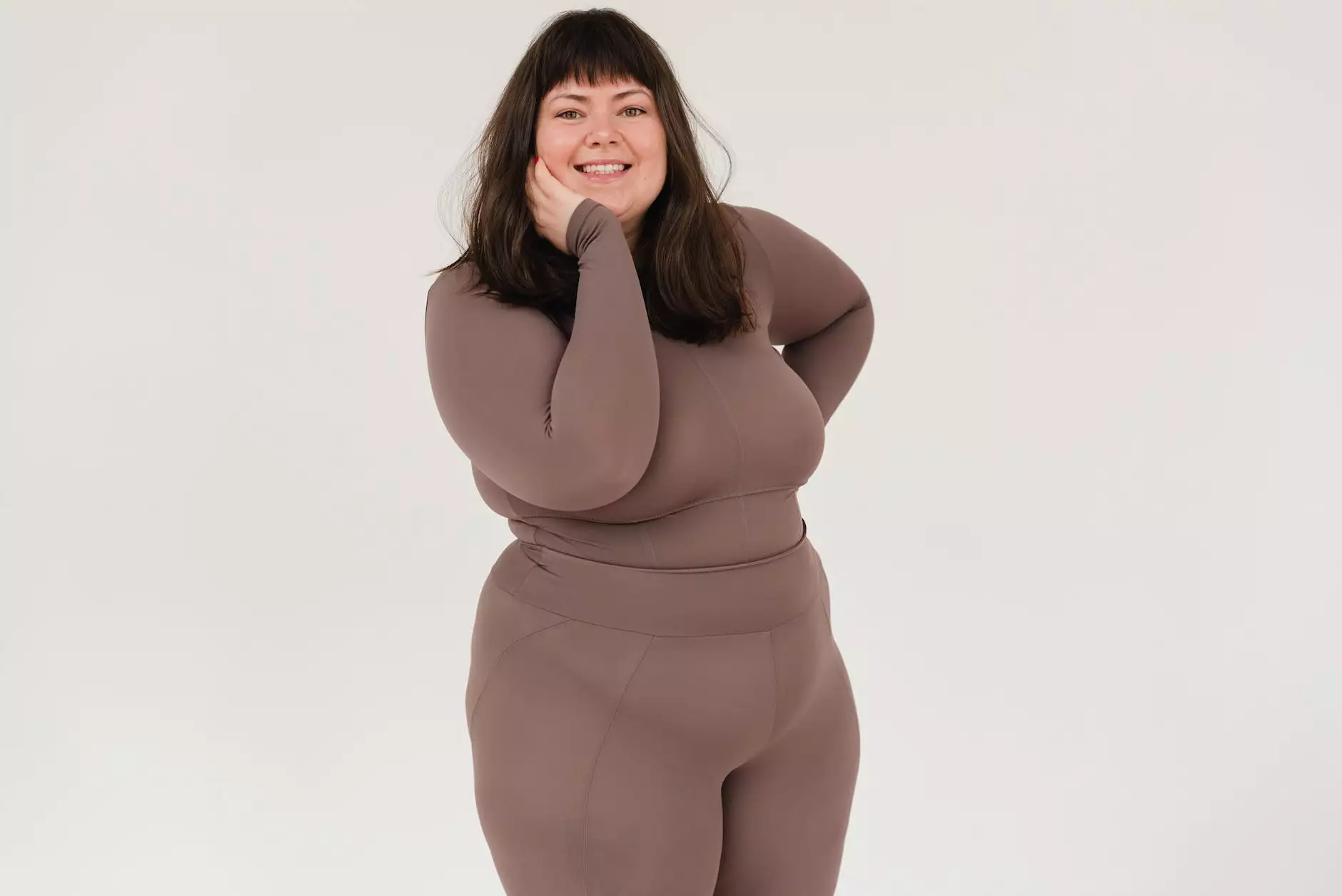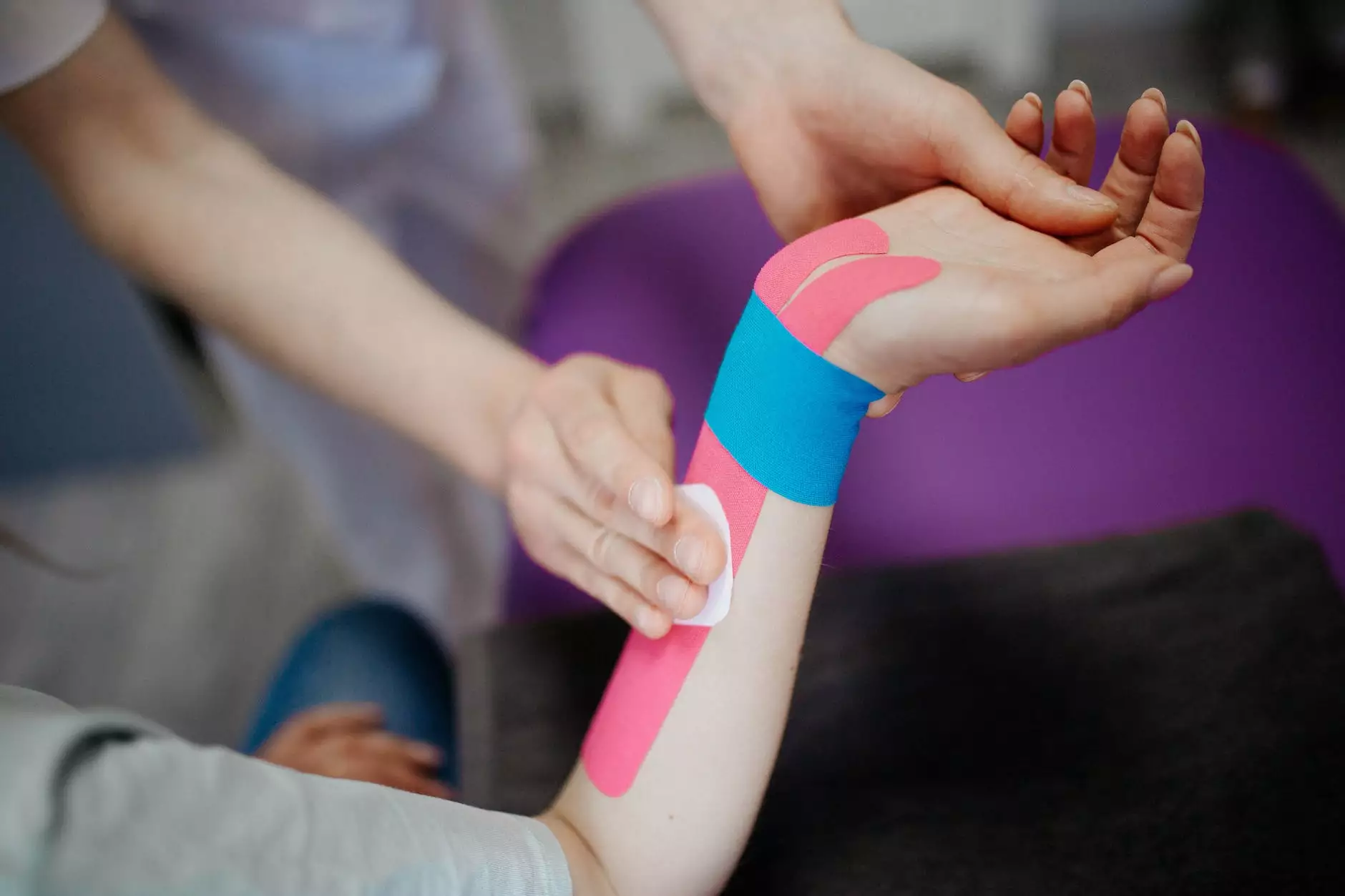Scoliosis Types: Congenital, Neuromuscular, Degenerative
Blog
Welcome to Regency Square Care Center's guide on scoliosis types. As a trusted provider of geriatric and aging care services, we understand the importance of educating individuals and their families about various healthcare conditions that may affect their quality of life. In this comprehensive guide, we will delve into the different types of scoliosis, namely congenital scoliosis, neuromuscular scoliosis, degenerative scoliosis, and more. Our aim is to provide you with the knowledge and insights necessary to make informed decisions regarding your or your loved one's healthcare journey.
Congenital Scoliosis
Congenital scoliosis is a spinal deformity that occurs during fetal development. It is caused by abnormal growth or development of the spine and affects approximately 1 in 10,000 newborns. This type of scoliosis often manifests with varying degrees of curvature and may be associated with other congenital anomalies. Our expert team at Regency Square Care Center specializes in diagnosing and treating congenital scoliosis, offering personalized care plans tailored to each individual's unique needs.
Neuromuscular Scoliosis
Neuromuscular scoliosis typically develops as a secondary condition to an underlying neuromuscular disorder such as cerebral palsy, muscular dystrophy, or spinal muscular atrophy. The abnormal muscle function associated with these conditions leads to an imbalance in the muscles supporting the spine, resulting in spinal curvature. At Regency Square Care Center, our skilled healthcare professionals work closely with patients and their families to manage and mitigate the impact of neuromuscular scoliosis, providing comprehensive care and support throughout the treatment process.
Degenerative Scoliosis
Degenerative scoliosis, also known as adult-onset scoliosis, typically occurs in individuals aged 50 and above. Unlike the other types of scoliosis, degenerative scoliosis develops as a result of age-related changes in the spine, such as degeneration of spinal discs or the development of spinal osteoarthritis. The symptoms associated with degenerative scoliosis often include back pain, stiffness, and difficulty with mobility. Our dedicated team at Regency Square Care Center specializes in managing degenerative scoliosis, offering targeted treatment options to alleviate pain, improve function, and enhance overall quality of life.
Other Types of Scoliosis
In addition to congenital, neuromuscular, and degenerative scoliosis, there are other types of scoliosis that individuals may encounter:
- Idiopathic Scoliosis: The most common type of scoliosis, idiopathic scoliosis, has no known cause. It typically develops in adolescents during their growth spurt. At Regency Square Care Center, we offer comprehensive screenings and early detection programs to identify idiopathic scoliosis at an early stage, enabling timely intervention and treatment.
- Adolescent Scoliosis: This type of scoliosis specifically refers to scoliosis that develops during adolescence. While most cases of adolescent scoliosis are idiopathic, some may have underlying causes related to growth abnormalities or genetic factors. Our experienced team at Regency Square Care Center provides advanced diagnostics and advanced treatment options tailored to each patient's specific needs.
- Adult Scoliosis: Adult scoliosis refers to the onset or continuation of scoliosis after the skeletal maturity. It can occur as a progression of childhood scoliosis, onset in adulthood due to degenerative changes, or as a result of other underlying factors. Our multidisciplinary approach at Regency Square Care Center ensures that adults with scoliosis receive comprehensive care and personalized treatment plans to manage pain, enhance mobility, and improve overall quality of life.
Treatment Options
Accurate diagnosis and appropriate treatment play crucial roles in managing scoliosis effectively. At Regency Square Care Center, we offer a wide range of treatment options tailored to each individual's unique circumstances. These options may include:
- Observation and Monitoring: In mild cases or when the patient is skeletally immature, regular monitoring and observation may be sufficient to ensure the condition does not progress.
- Bracing: For moderate scoliosis, braces are often prescribed to prevent further progression of the curvature and provide support to the spine.
- Physical Therapy: Targeted exercises and physical therapy sessions can help improve muscle strength, flexibility, and overall posture, aiding in the management of scoliosis.
- Surgery: In severe cases or when conservative measures prove ineffective, surgical intervention may be necessary to correct spinal curvature and restore optimal function.
At Regency Square Care Center, our skilled healthcare professionals work closely with patients, their families, and a multidisciplinary team to develop comprehensive treatment plans that address their physical, emotional, and functional needs.
Conclusion
Understanding the different types of scoliosis is pivotal in making informed healthcare decisions. Whether it's congenital scoliosis, neuromuscular scoliosis, degenerative scoliosis, or any other variant, Regency Square Care Center is committed to providing exceptional care and support to individuals affected by scoliosis. With our expertise in geriatric and aging care, we strive to enhance the quality of life for our patients, ensuring they regain autonomy, mobility, and independence.
Contact Regency Square Care Center today to learn more about our comprehensive scoliosis care services or to schedule a consultation with our dedicated healthcare professionals.









